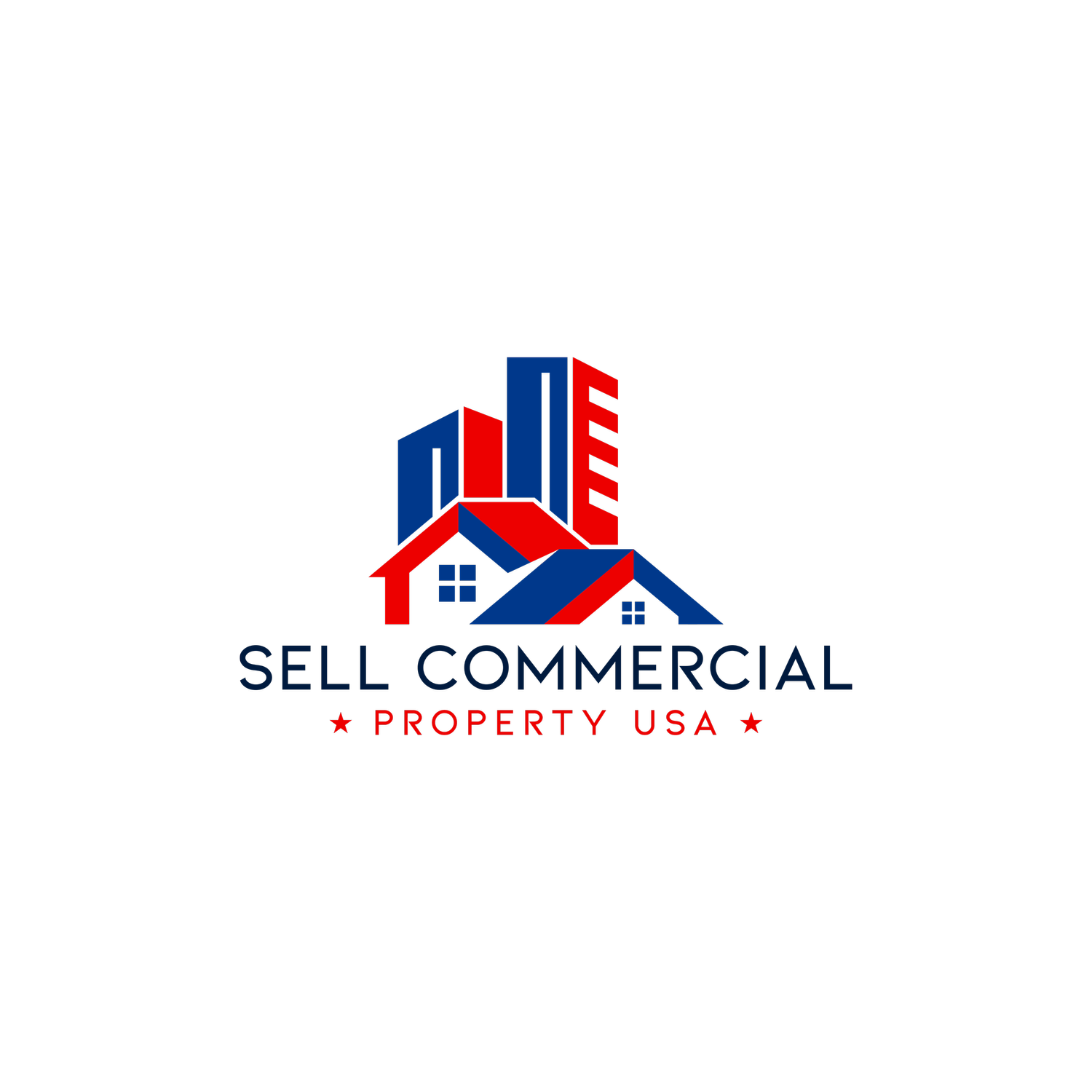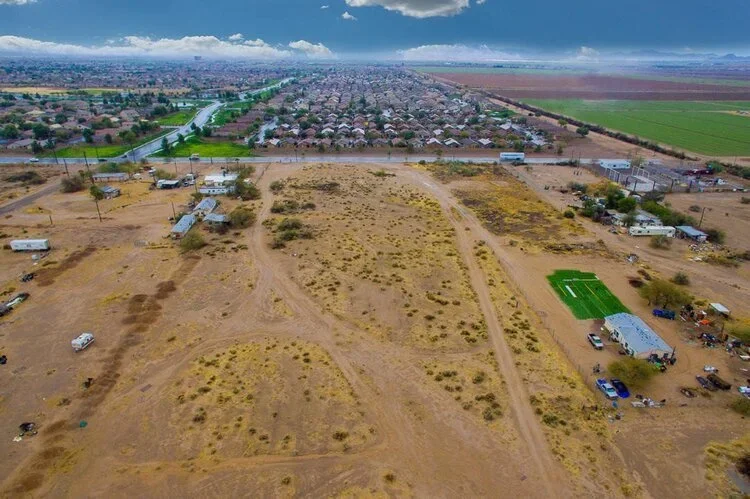How To Sell Commercial Land Quickly
Selling commercial land is not the same as selling residential lots or even a house. Buyers of commercial property look for specific features that directly impact business operations and profitability. Because of this, the process of selling commercial real estate requires a different approach.
If you have commercial land you want to sell, this guide will walk you through the essential steps to speed up the process and maximize your profit.
What is Commercial Land?
Commercial land refers to real estate intended for business use. This can include retail spaces, office buildings, warehouses, or vacant lots zoned for commercial development. If your land generates—or has the potential to generate—income, it falls under the commercial property category.
Commercial zoning affects how your property is taxed, what kind of businesses can operate there, and the permits required. Understanding these restrictions will help you present your land more effectively to prospective buyers.
Preparing to Sell Commercial Land
Before listing your property, make sure all paperwork is updated—this includes land titles, zoning documents, permits, and taxes. Any outdated requirements may delay the sale.
If your property is already being used for business, ensure that operating permits and licenses are up to date. A clean legal record makes your land more attractive to buyers since they won’t have to deal with compliance issues.
When selling commercial property, you generally have two main options: working with a real estate agent or selling the property yourself.
Selling Through Real Estate Agents
Hiring a commercial real estate agent can significantly speed up the selling process. Agents have wide networks of buyers, marketing strategies, and knowledge of local real estate laws.
Pros:
Access to a larger pool of buyers
Professional handling of paperwork and negotiations
Faster exposure in the commercial real estate market
Cons:
High commission fees (6–10% of the sale price)
You may earn less due to agent costs
If you prioritize convenience and speed, using an agent is often the best choice.
Selling on Your Own
For those who prefer to save on commissions, selling commercial property by owner is another route. However, this option requires more effort in marketing, negotiations, and paperwork.
Pros:
No commission fees—keep 100% of the sale price
Full control over negotiations and marketing
Cons:
Requires significant time and effort
Demands basic knowledge of real estate laws and contracts
If you’re comfortable handling listings, calls, and property tours, this method can help you maximize your earnings.
Marketing Strategies for Commercial Land
No matter how you choose to sell, strong marketing is the key to attracting qualified buyers.
Use For Sale Signs – Place a large, visible sign with your contact number outside the property. This simple method captures local leads daily.
Post Listings Online – Online Platforms are essential for reaching a broader audience. Many investors begin their property search online.
Provide Complete Information – Buyers want details. Include zoning information, utilities available, accessibility, and surrounding businesses. Clear descriptions help filter serious buyers from casual inquirers.
Be Ready for Questions – Expect inquiries about zoning restrictions, business opportunities, and development potential. Having these answers ready builds buyer confidence.
Selling to Land Investment Companies
If speed is your top priority, consider selling directly to land investment companies. These firms can close deals in as little as 7–10 days.
Pros:
Fast transactions, often within a week
No need for marketing or realtors
Hassle-free process since the company handles paperwork
Cons:
Offers are usually below full market value since companies plan to resell the property
This option works best if you want to sell quickly and avoid the challenges of traditional real estate sales.
Conclusion
Selling commercial land quickly requires preparation, a solid marketing plan, and choosing the right selling method. Whether you use a real estate agent, sell it yourself, or work with a land company, make sure your documents are ready and your property is well-presented.
The key to success is balancing speed, convenience, and profit—and with the right strategy, you can close the deal faster than you think.

